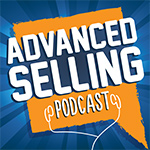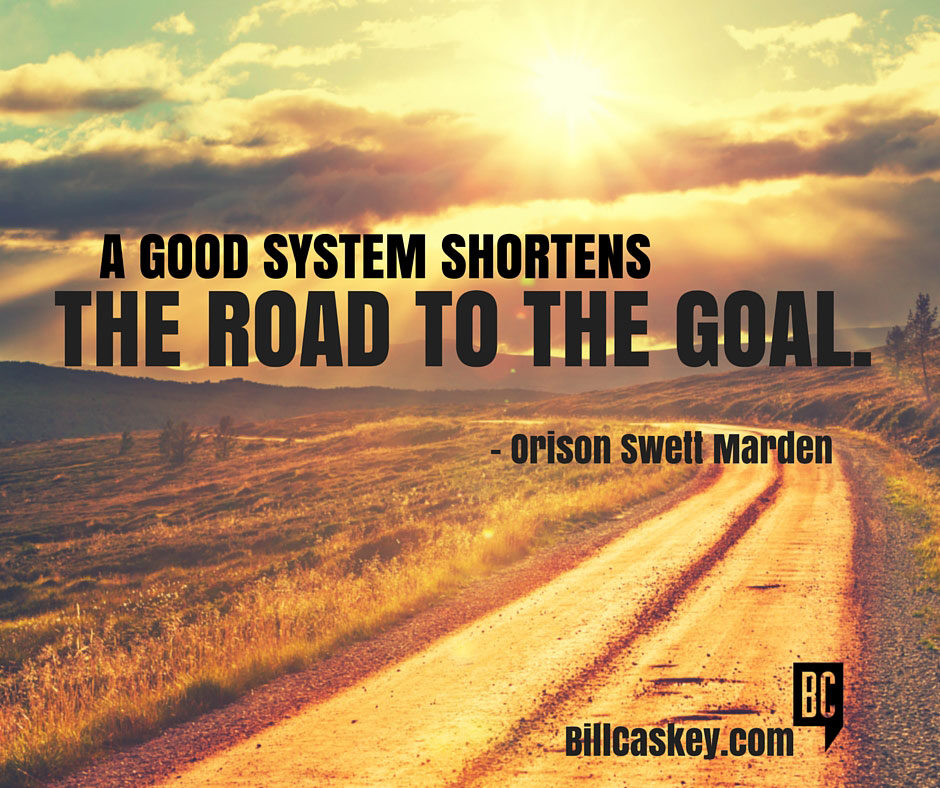Episode #364: Mental Myths in the Sales Process
 There’s only truly one thing you can control in the sales process— yourself. In today’s Mailbag Monday episode, veteran sales trainers Bill Caskey and Bryan Neale dive into a question from Rocky about how to show up and be helpful in the sales process.
There’s only truly one thing you can control in the sales process— yourself. In today’s Mailbag Monday episode, veteran sales trainers Bill Caskey and Bryan Neale dive into a question from Rocky about how to show up and be helpful in the sales process.
Do you regularly check in with yourself to think about your inner game?
Do you truly have pure intent when talking with clients and prospects?
What myths do you have in your mind that aren’t actually real at all?
In this episode of The Advanced Selling Podcast, Bill and Bryan share strategies for inserting yourself into the sales process while maintaining clean intent. They give you language-based tools to help you know the words to use to truly be intentionally helpful to your prospects. After all, you can’t control other people or what they think… you can only control you. Show up as your best self every single time and watch the world shift around you.
Also mentioned in this podcast:
- Download our App in the iTunes Store
- Click here to join our LinkedIn Group
- Check out our ALL IN Audio Program
[smart_track_player url=”http://traffic.libsyn.com/billcaskey01/16-02-29-364-MentalMyths.mp3″ title=”Episode #364: Mental Myths in the Sales Process” artist=”The Advanced Selling Podcast” social=”true” social_twitter=”true” social_facebook=”true” social_linkedin=”true” social_email=”true”]





